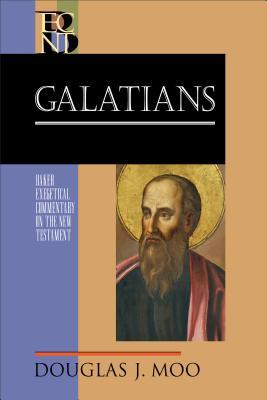Kevin Corcoran analyzes different kinds of dualism in his book,
Rethinking Human Nature. Dualism here primarily refers to anthropological twoness: it is the claim that humans are composed of not one, but two things (e.g., body/soul or body/spirit).
Rene Descartes insists that a substance either has mental or physical properties (e.g., being in pain
or having a certain mass/weight), but not both.
What kind of dualism is Descartes espousing? The technical name for his philosophy is substance dualism: he argues for two categories--
res extensa (extended substance) and res cogitans (
thinking substance). The French thinker asserts that he is the latter rather than the former; that is to say, Descartes is not absolutely identical with his body, but allegedly is identical with his soul (mind).
So Descartes allows for the possibility of disembodied existence as a thinking thing. Yet there are questions that can be asked concerning resurrection when it's understood within a dualist framework. For example, does substance dualism satisfactorily account for a resurrection of the body? Physicalist accounts of the resurrection are often heavily critiqued or discounted, but I wonder if dualism (especially of a Cartesian kind) fares any better.
How can the resurrection body be numerically identical with the body that preceded it, since at death, all bodies--with the exception of Christ's body--undergo corruption? That question is difficult to answer using Cartesianism, although hylomorphic/hylemorphic dualism thinks it can provide a plausible answer to the question. But I've seen hylemorphic/hylomorphic accounts that appeal to divine miracle-working in order to justify an absolute identity between the pre and post-resurrection body. Are such approaches satisfactory explanations of the resurrection?
Admittedly, the resurrection is a divine miracle, and so is life itself. Yet multiplying explanations to preserve numerical identity between living and resurrected bodies seems less than satisfactory.
I. Compound Dualism claims that humans are form and matter composites (otherwise known as
hylomorphism). Matter (
hyle) and form (
morphe) constitute two metaphysical principles that define what things (including human beings) are. Aristotle taught hylomorphism: he argues that material objects are matter and form unities. Some examples include tree and treeness or rock and rockness. In the case of human beings, the body is matter, the soul is the substantial form of the body; soul is that which gives the organized material body its distinct form.
Thomas Aquinas rejects
substance dualism since he does not believe that the body and soul are two independent substances which possess the capability to subsist on their own. Although he believes the soul can survive the body's death, the soul
post mortem is not an actual human being although Aquinas believes that the soul is a subsistent thing.
Yet see page 37.
Corcoran apparently reckons that
compound dualism is incoherent. But why?
See p. 39
Compound dualists believe that the
post mortem soul is able to contemplate God and subsist temporarily without a body.
II. Emergent Dualism
William Hasker represents emergent dualism--he illustrates this kind of dualism with an electro-magnetic field and its source. Minds emerge from complex biological systems with examples including solidity and molecular structure. Mentality supposedly emerges from a suitably complex physical system.
Hasker claims that mentality or mind is not reducible to neural firings or brain events. Mind is allegedly a new phenomenon that emerges from a physical system. So Hasker posits that it's capable of exerting force on that from which it emerges.
See p. 41.
For potential advantages of
emergent dualism, see p. 42.

